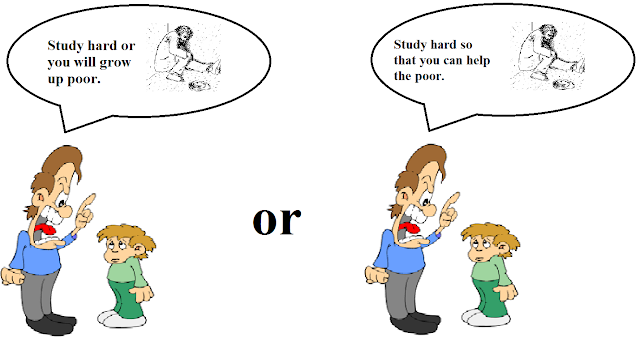Segregation Under A Different Name
Back in the early eighties, I was selected among rising senior high school students in the Philippines to spend a summer in the Ateneo de Manila University. The current Senate President of the Philippines, Aquilino Pimentel III, was in that summer class as well. At the end of that summer school, we all watched a play called "Kaharian ng Araw" (Kingdom of the Sun). The story was about a journey of two friends, Ponce and Paolo, both wanting to reach the famed and legendary kingdom but for different reasons. Ponce's desire was to be on top, to be number one. Paolo, on the other hand, simply wanted to support and accompany his friend. To reach the Kingdom of the Sun, one must pass through three other Kingdoms, the Kingdom of Rain, the Kingdom of Wind, and the Kingdom of Darkness. And in every step, one must give up something dear. Ponce had to give up Paolo near the end to enter the Kingdom of the Sun. Upon entering his long sought prize, Ponce realized that the Kingdom of the Sun was in fact empty. After all, to be on top, to be number one, means being alone.
I was reminded of this play by a post recently made by my children's principal, Brian Butler, on Facebook:
The Superiority Mindset
We were never given the right by our creator to feel superior to other people.As a parent, we all want the best for our children. What is best can come in two different flavors:
-Iyanla Vanzant
..."I contend that the time, scholarship, effort, and resources put forth to address the achievement gap were doomed to fail from their inception because there are people with a superiority mindset who have a vested interest in being defined as superior to others, and they will seek to protect it! This hardened set of belief systems creates the foundation for fundamentalist behavior in school!"
This excerpt is from Anthony Muhammad's book Overcoming the Achievement Gap Trap, 2015, p.63
What we choose defines how we feel about ourselves and others. Unfortunately, what Anthony Muhammad describes as hardened set of beliefs is part of educational systems worldwide. For instance, in the Philippines, I wrote the following in a previous post, DepEd K to 12 vs. Education for All:
In elementary schools, pupils who are just entering Grade 1 are taking an exam called "School Readiness Assessment". There are 45 questions in the exam and the passing score is 36 correctly answered. The students who passed are then taken to the next test, a qualifying exam administered by the education program supervisor in science. And only if 35 pupils pass these exams, would the school have a special science class for these selected students. This is not "Education for All". Why are we doing this to our six year old children? It goes straight against what basic education is. Equity is key in basic education. Can we imagine doing this for character education? That is, requiring students to pass a qualifying exam at the beginning to see if they can be taught right from wrong. How about mathematics? The answer, of course, is no. It is then clear that science is not viewed as a basic field of education. On the other hand, as Catholics, we are quick to tell our children about the mystery of three persons in one God. Children need not take a qualifying exam to hear this lesson.In Fairfax county, Virginia, advanced academics programs are also available in primary schools. Gaps already exist in kindergarten based on income and race. It is therefore not surprising that by the time children reach high school, the top high school in Fairfax county no longer matches the demographics of the communities served by this school:
 |
| Above copied from The Connection to Your Community |

Comments
Post a Comment